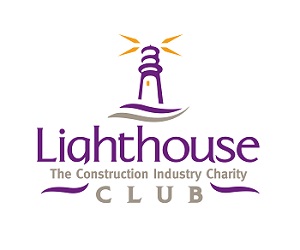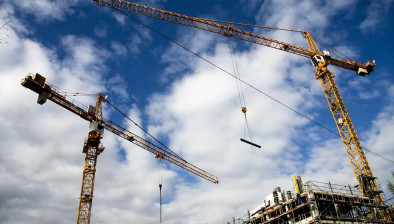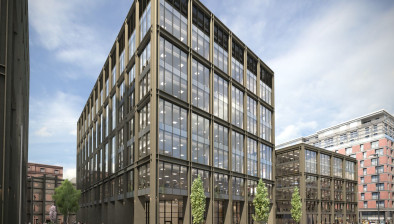Scottish budget will hit individuals and businesses - BDO

The increased property tax announced by the Scottish Government will hit many Scottish middle class families and could limit future building developments north of the border according to accountants BDO.
It is the first political salvo in the taxation battle between Holyrood and Westminster and sends a clear signal that future devolved Scottish tax powers will be used to help those in the lower income bracket at the expense of the more affluent.
Under the new regime, from 1 April 2015 those buying a Scottish residential property for less than £135,000 will pay no tax.
Indeed anyone buying such a property for up to £325,000 will be a winner when compared to the current stamp duty land tax regime which applies across the UK, although the Westminster Government could respond by changing those regulations. But the big losers will be those buying at above that level.
For example a Scottish property costing £499,000 will trigger a tax cost of £27,200, compared to £14,970 south of the border. And for those spending £1m there is an additional £37,300 tax which is 93.25 per cent more than England. Non-residential rates remain more in line with the rest of the UK but again the introduction of a graduated system means there is a tipping point, with less tax to pay on transactions of up to £2m and more tax above that figure.
Martin Bell, tax partner with BDO, explained: “These figures are a big shock, in particular the 10 per cent tax rate for residential properties starting at only £250,000. The introduction of a more graduated replacement to stamp duty land tax is welcome but the Scottish property market has not recovered in the same way as the south of England and this has the potential to put a lot of potential buyers off moving. There is then the potential knock-on impact for those local businesses relying on an active housing market such as estate agents, removal, decorating and design, furnishing and legal. 25 per cent of homes listed this week in Edinburgh Solicitors Property Centre guide are valued at over £250,000 indicating such properties are not unusual in the current market.
“For companies trying to attract higher earners to Scotland, there will be a punitive impact as they may have to pick up the additional cost or risk losing key employees to elsewhere in the UK. This may also be a signal as to what kind of income tax strategy we can expect when the new variable Scottish rates are introduced in April 2016 with more devolved powers expected to follow. If these actions are indicative of Mr Swinney’s thinking then he will be introducing much greater taxation for those on higher incomes.
“Whilst many people take the view that taxing those who can best afford it to the greatest extent possible is a good idea, there is a cut off point where individuals, and potentially their businesses, will be driven out of Scotland by punitively high taxation. It should also be remembered that the highest earners in Scotland already contribute the most in tax which funds the functions of government. By alienating the higher earners, there is a danger of losing the greatest source of income for the wider community. And of course affluent investors will not be interested in investing in Scotland if it is a ‘high tax’ country.”
Mr Bell concluded: “These increased charges are also likely to impact on the Scottish residential property market rushing through high value sales prior to April 2015 and holding off lower value sales until the zero rate kicks in. This could cause difficulties for a building and construction sector together with all the businesses that feed off it which is only just finding its feet after the disastrous impact of the recession.”




















